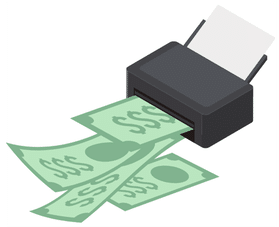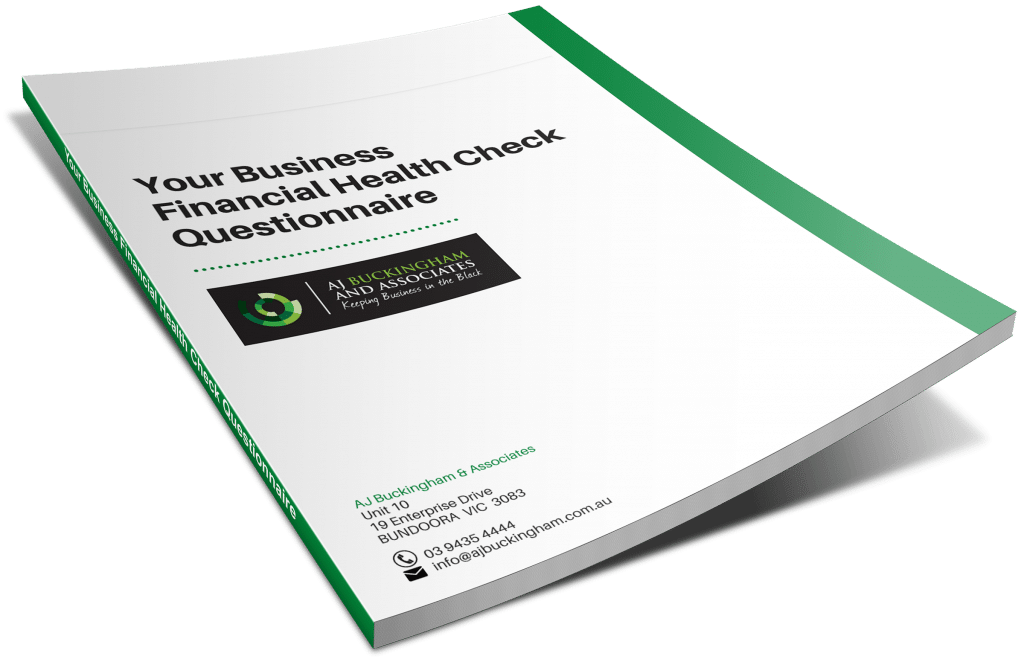Starting a business requires research, risk, passion and planning. The start-up phase can be exciting but also exhausting with research to be done on your market and your competitors plus the preparation of a business plan, marketing plan and cash flow budget.
The COVID-19 pandemic fuelled a surge in business start-ups with a significant percentage of the population changing career paths to pursue their passion. While the rewards are very appealing for small business owners, you need to take risks and there are plenty of pitfalls.
Unfortunately, there is a lot of misleading information about starting and running a business and let’s explore four myths and separate fact from fiction.

Myth #1 – Starting and Running a Business Is Easy
In 1971, the Australian Prime Minister Malcolm Fraser famously said, ‘Life wasn’t meant to be easy’. He may well have been referring to running a small business in 2022 given the pandemic, rising interest rates, surging inflation, staff shortages and supply chain issues.
The actual process of starting a business can be relatively straight forward, however, critical decisions need to be made regarding your business structure, bookkeeping software and insurances. When the business is in its infancy you might have to wear many hats including receptionist, bookkeeper, sales and marketing manager and cleaner. On a practical level you probably need to get a handle on the basics of all the roles, however, it would be counter productive to try and become an expert in every task. As you grow the business you can source and nurture team members who have expertise in each of these areas.
The potential for higher income, financial freedom and a better lifestyle lure people into the world of entrepreneurship, however, there’s usually a price to pay. Employees often think the ‘boss’ doesn’t work as hard as them and they earn five times their salary. The reality is, business ownership usually means longer hours, more admin work and financial stress.
While planning is a key ingredient to business success, things don’t always go according to plan which can create pressure and lead to poor decision making. Statistically speaking, close to 40% of new businesses fail within the first year and 80 percent fail within five years. It’s risky business and not everyone is cut out to be an entrepreneur. If you need proof of the fact that business ownership can be a roller coaster ride of ups and downs, look at the pandemic. Businesses were sent into hibernation and lockdowns for months on end. Small business ownership isn’t easy!

Myth #2 – It’s A Licence To Print Money
Probably the biggest misconception about business ownership is that you will make more money, work less hours and enjoy more freedom. While it’s the mission and certainly possible, a lot of businesses fail to deliver these benefits. Experience tells us that no amount of research or money can guarantee success in business and sadly, a lot of businesses fail leaving a trail of losses and debt.
Businesses fail for a range of different reasons and Michael Gerber in his acclaimed book, The E-Myth Revisited: Why Most Small Businesses Don’t Work and What to Do About It, argues that most new business owners are technicians not entrepreneurs. They are skilled at their craft and spend most of their time working IN the business with a focus on the technical aspects of the job. Entrepreneurs tend to spend more time working ON the business.
Most small businesses stay small for a reason and the owners of highly profitable and valuable businesses hire other skilled technicians and offload the repetitive technical work so they can spend more time working ON the business. Most business owners will confess their 35 hour work week as employees has blown out to around 60 hours week as a business owner.
Running a business can deliver great financial outcomes but there’s no guarantee. In fact, many business owners struggle financially and Gerber suggests that many solopreneurs have simply created a job for themselves and they could be earning more income as an employee without the stress, pressure, debt and administration. They would also get 4 weeks paid holiday leave! There is plenty of risk involved when you shift from the security of being a salaried employee to become a self-employed business owner. In the start-up phase you can expect longer working hours, less holidays and a drop in income.
Myth #3 – You Need a Lot of Money to Start a Business
It’s a generalisation and your initial capital outlay will depend on the type of business you are launching and the industry you are entering. For example, if you’re opening a retail store that sells products you’ll need to fund a shop fit-out, fill the shelves with inventory plus purchase point of sale equipment and possibly a van. The outlay could be tens of thousands of dollars. By contrast, if you’re opening a service business that basically sells time (like a physio, architect or bookkeeper) you’ll still need furniture, computers, printers, signage and a website. The outlay might only be several thousand dollars.
If you are buying into a franchise operation you might need tens (if not hundreds) of thousands of dollars to buy in. Of course, there are many types of businesses that don’t require a big upfront financial outlay such as an online business that may simply require a laptop, mobile phone, website and social media channels. When we talk about building a website, we are referring to a website that generates leads and sales. Unfortunately, most websites are simply electronic brochures that list the who, what and where of the business. If you’re looking to build a lead generation website it will take time to plan the build and create content that resonates with your target market.
Irrespective of the size of the set up costs, you need to prepare a budget that projects your anticipated revenue and costs for the first 12 months. It will help you ascertain how much you need in the set up phase and how much (if any) finance you might require from a bank or other source.

Myth #4 – It Takes a Lot of Time to Start a Business
The start-up timeline will depend on the type of business you are starting and your dedication to the task. If you’ve done your research and developed a detailed business plan, there is no reason why you can’t launch quickly.
Some businesses will require more time than others. For example, if you require a shop fit out, product design, testing and a requirement to meet government regulations or council permits you can expect delays.
In this current market, sourcing staff might also slow the launch down. There are some businesses that certainly lend themselves to quicker starts and in Australia there is generally very little red tape to delay your opening.
You’ll need an ABN (Australian Business Number) and might want to register a business name. You might need to register for GST and PAYG with the Tax Office plus you need to decide on your business structure (e.g. company, trust, sole trader, partnership etc.) and get relevant insurances in place. None of these tasks will hold up your launch by more than a few days.
The entrepreneurship journey often starts with a simple idea but for many, it’s a long and winding road with many hazards along the way. Turning your business idea into a profitable and sustainable business is a process and you need a roadmap to navigate your way and plan the journey.
A business plan is essential and it should detail the milestones you need to reach along the journey. It should also identify the obstacles you might need to overcome along the way. It contains separate sections for your marketing plan, operations, sales and the financial projections. It drills into the who, what and where of your business idea and helps you prioritise the steps in the start-up process. Your research should alert you to the pot holes you might encounter along the way and have a plan to deal with the inevitable obstacles that could impact on your success.
If you need funding to get the business up and running your business plan needs to prove to the bank or investors that it is financially viable. It should outline your objectives and how you’ll achieve your goals and grow the business plus manage possible bumps in the road.

SUMMARY
There are a lot of myths about starting and running a business. It can be highly rewarding but there is a lot at stake. There are risks and there’s no secret formula that guarantees success so you need to research the market and your competitors.
In business, failing to plan is planning to fail.

